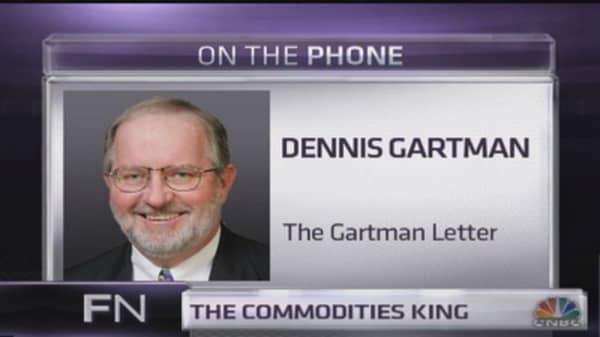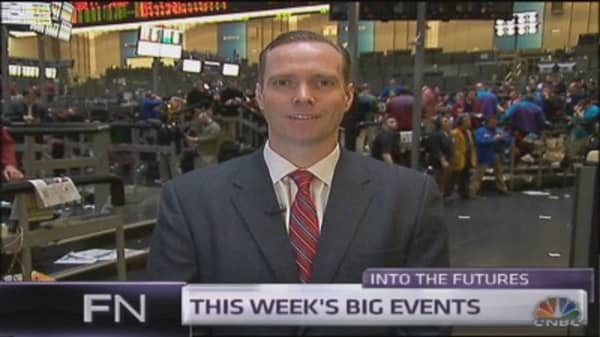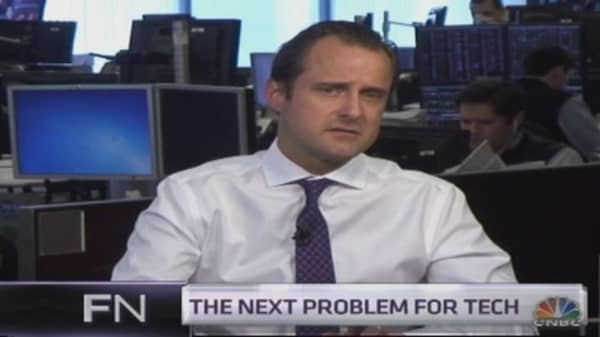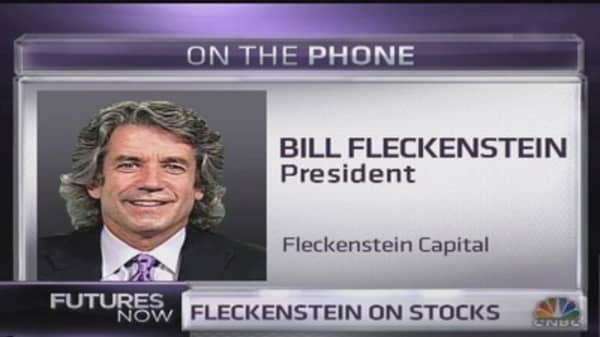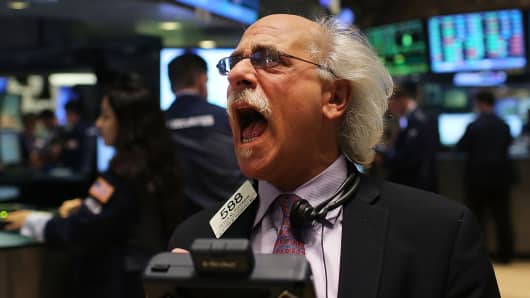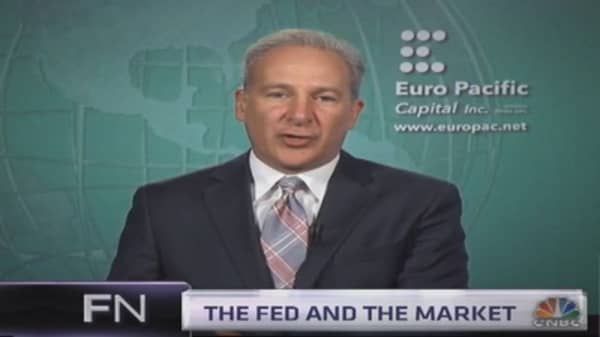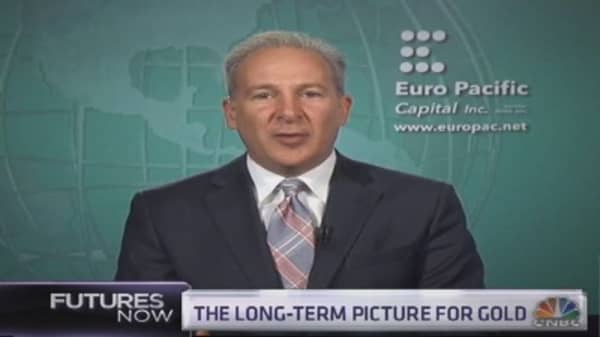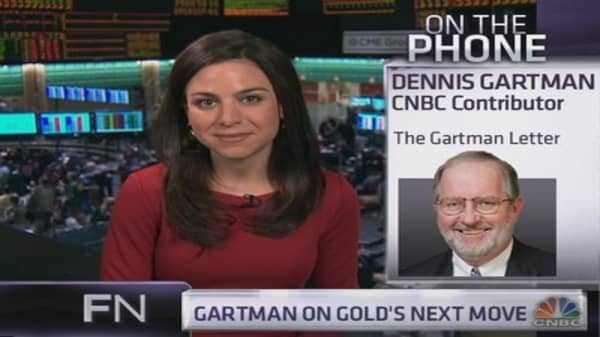Dennis Gartman has enjoyed decades of experience in the markets. But on Tuesday's episode of "Futures Now," he said there's only one lesson that truly matters.
"I've been at this 40 years, and I've learned one thing: Don't fight the Fed," Gartman said. "If you do, it's a losing battle. They have a bigger margin account than you or I will ever dream of having, and they're continuing to fund your margin account."
Because the Federal Reserve has the market's back, Gartman says it's foolhardy to fret about the fundamentals of the economy. Indeed, if the jobs report fails to meet expectations on Friday, he says it would actually be good news for stocks.
"If the numbers aren't good, you might get the stock market to take that very affirmatively, because they'll take that to mean the Fed will continue the process of quantitative easing, although at a lower pace," said Gartman, the editor of The Gartman Letter.






